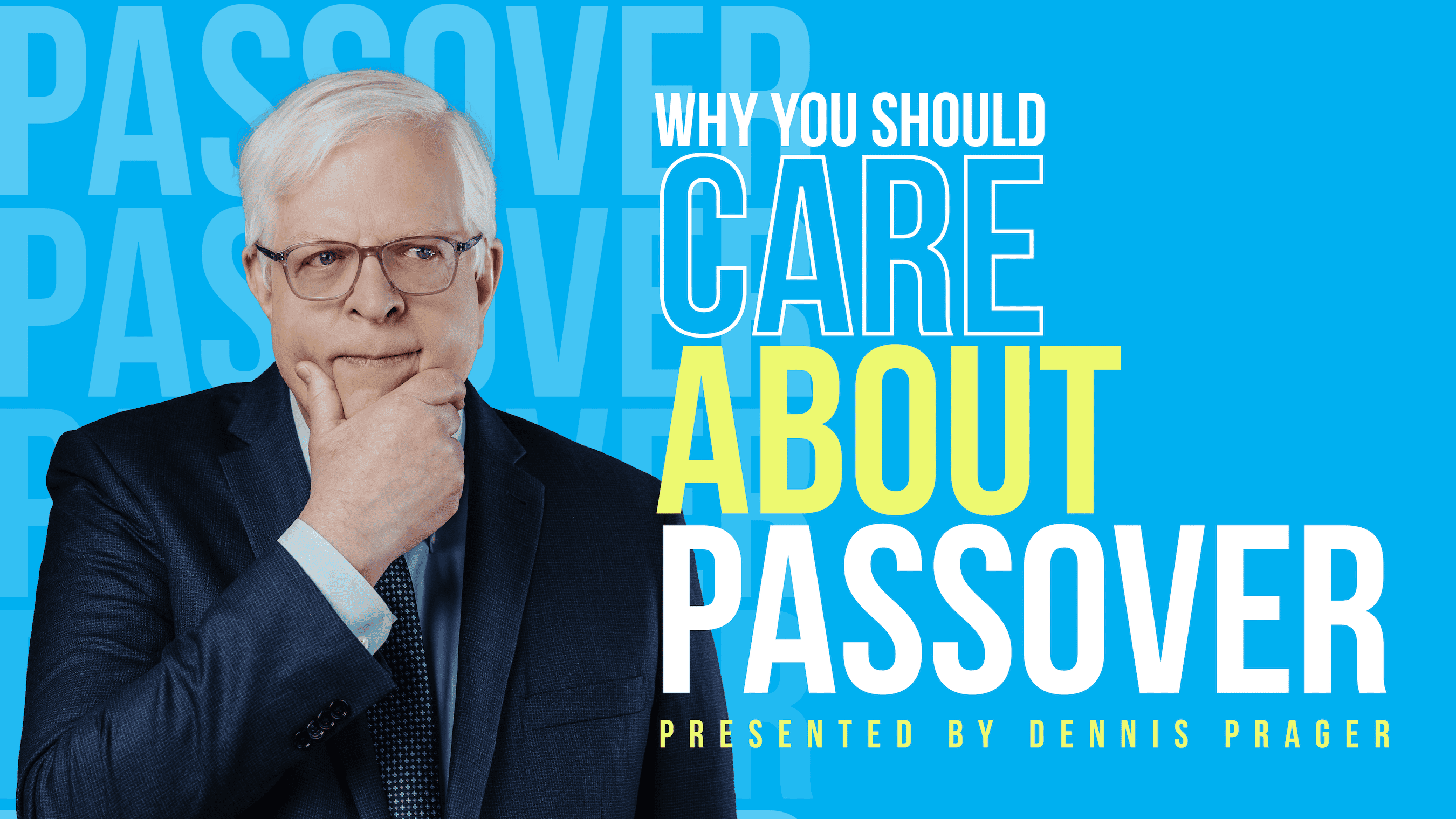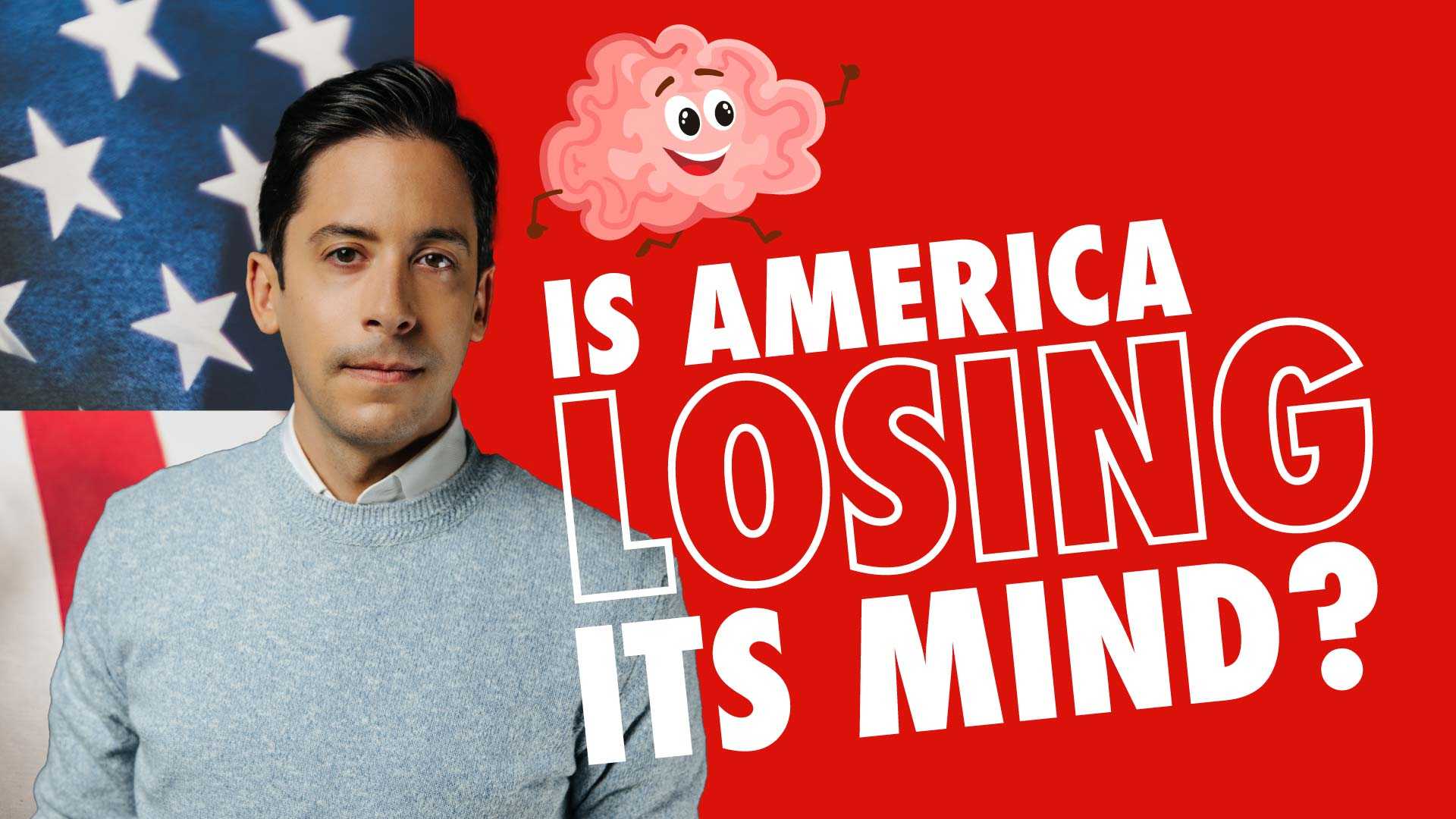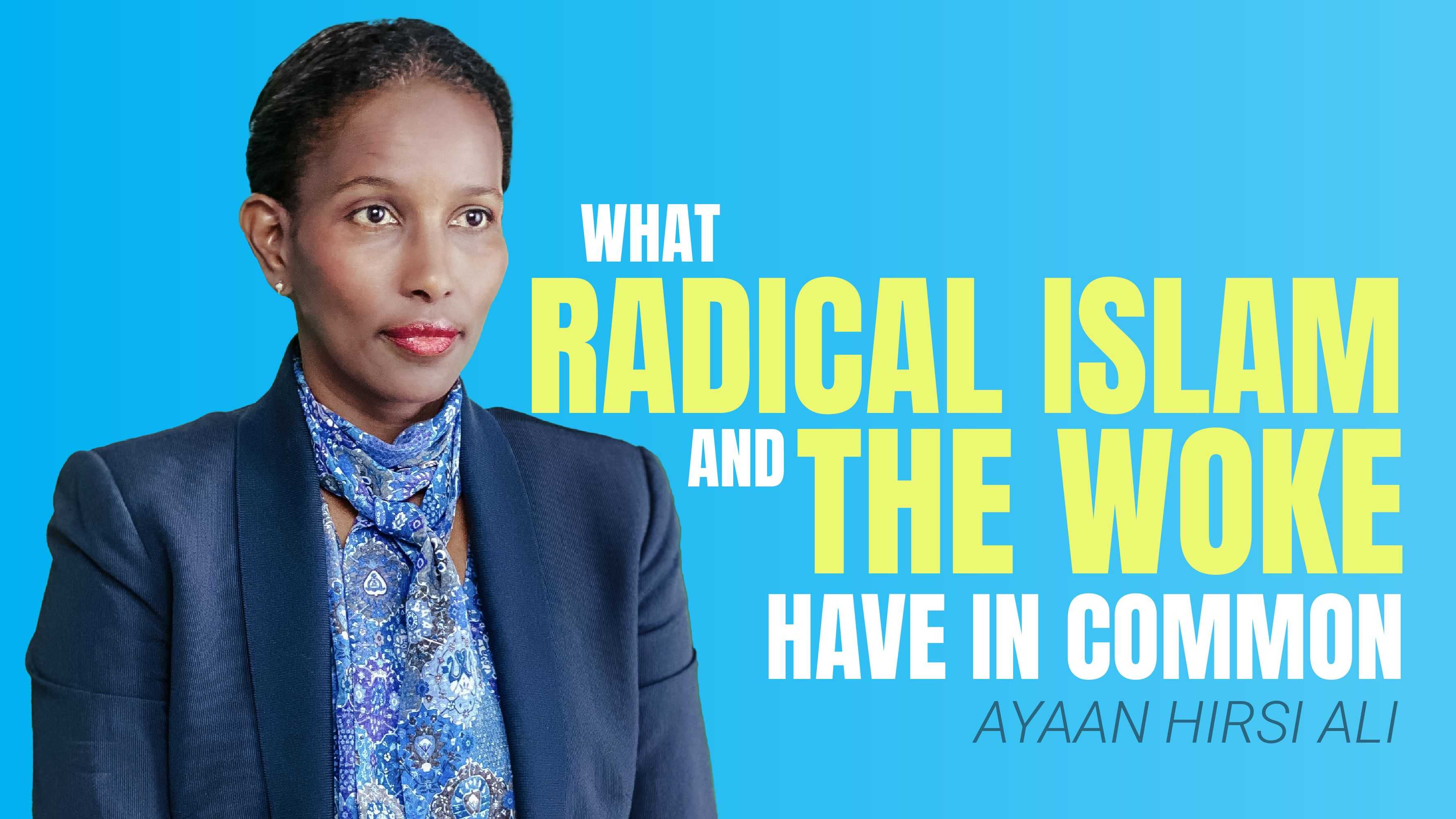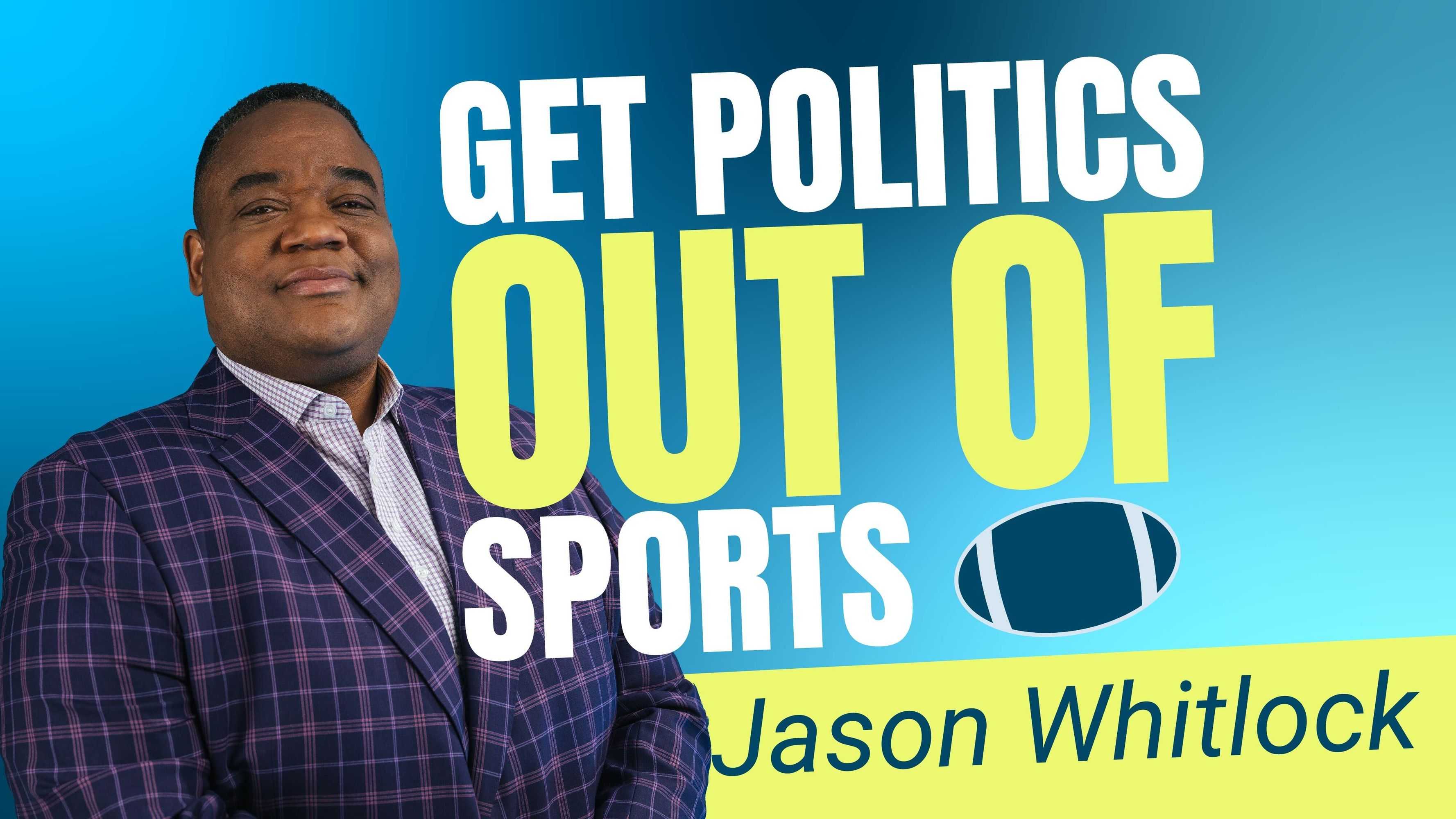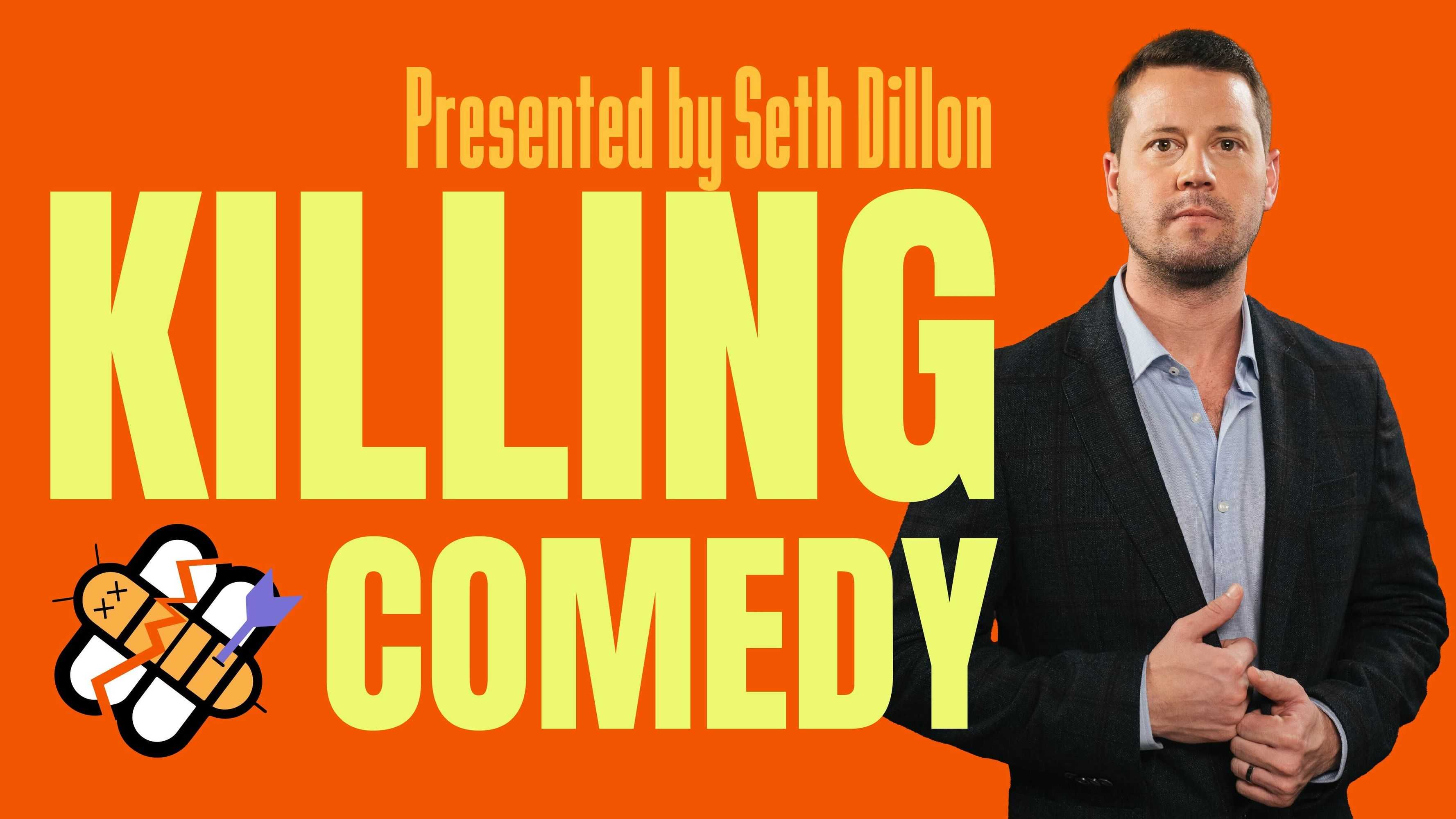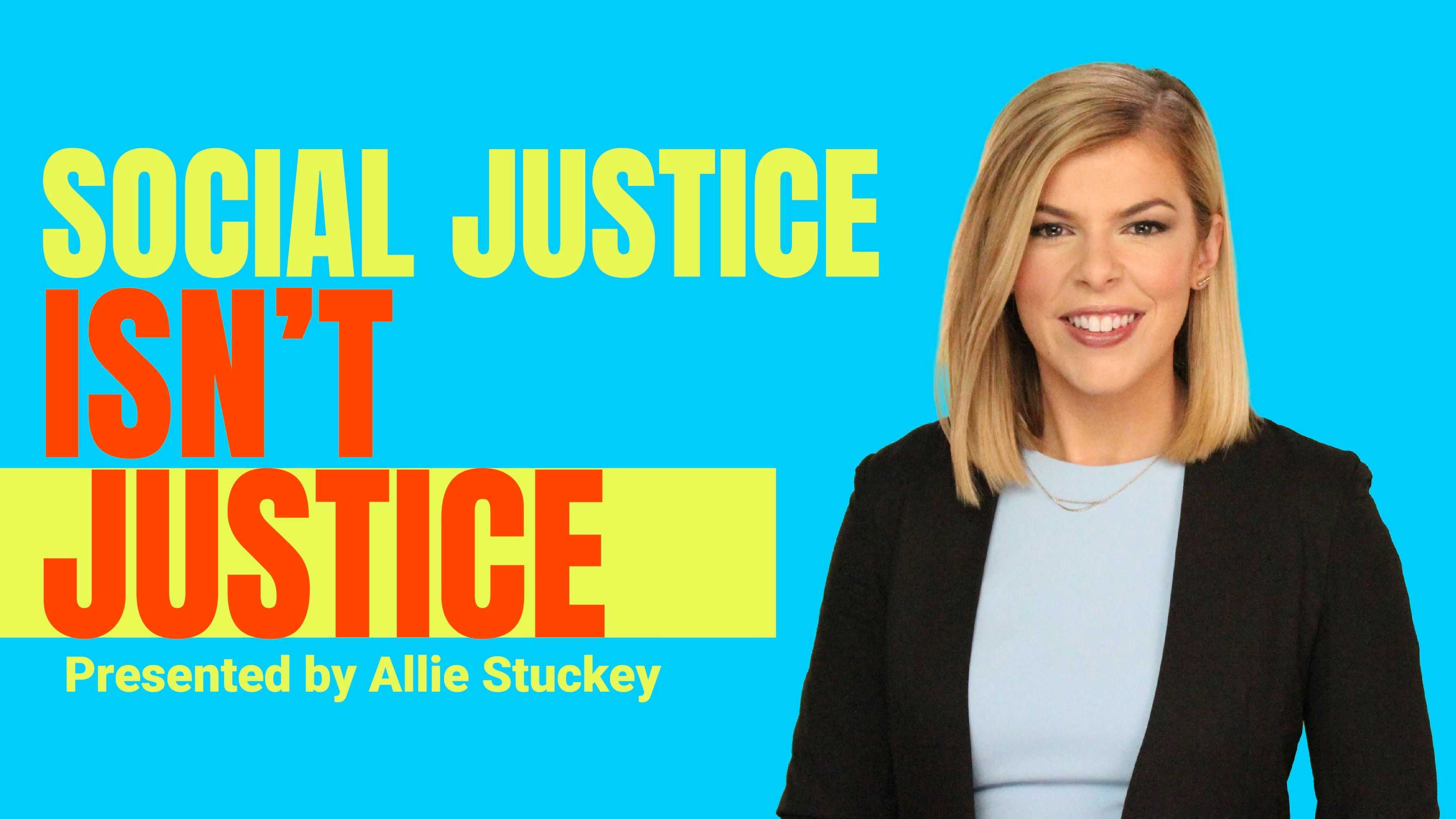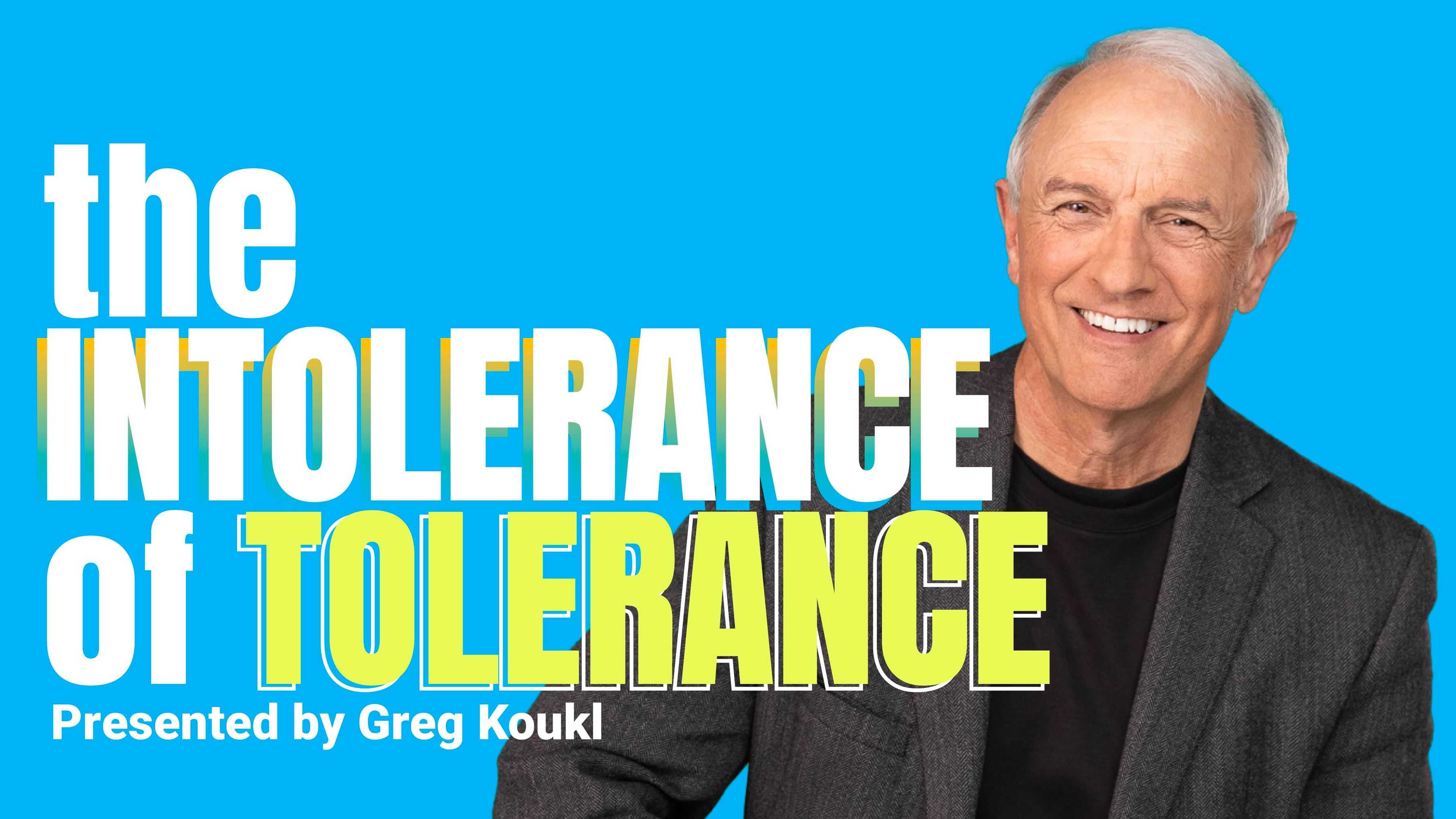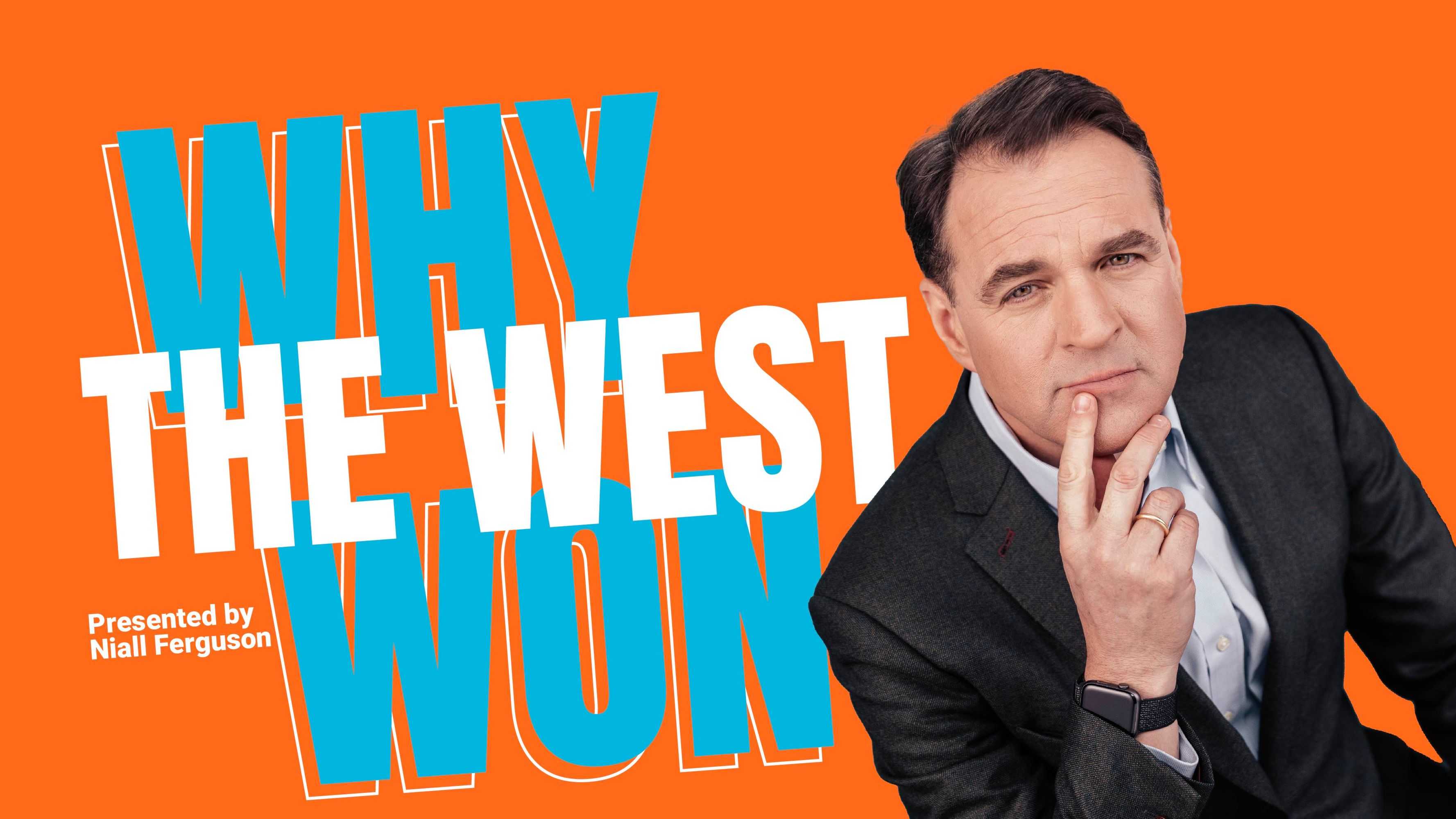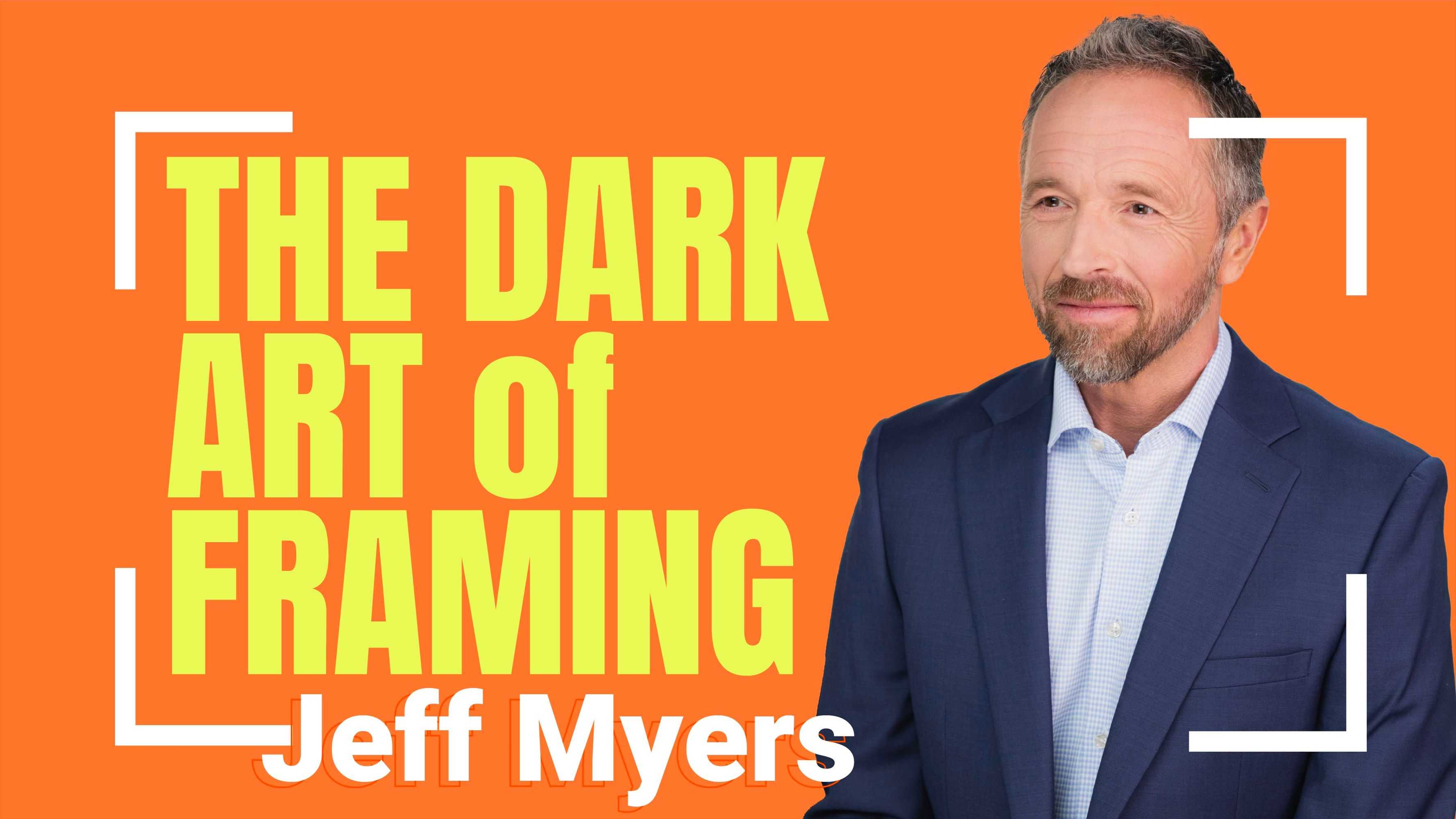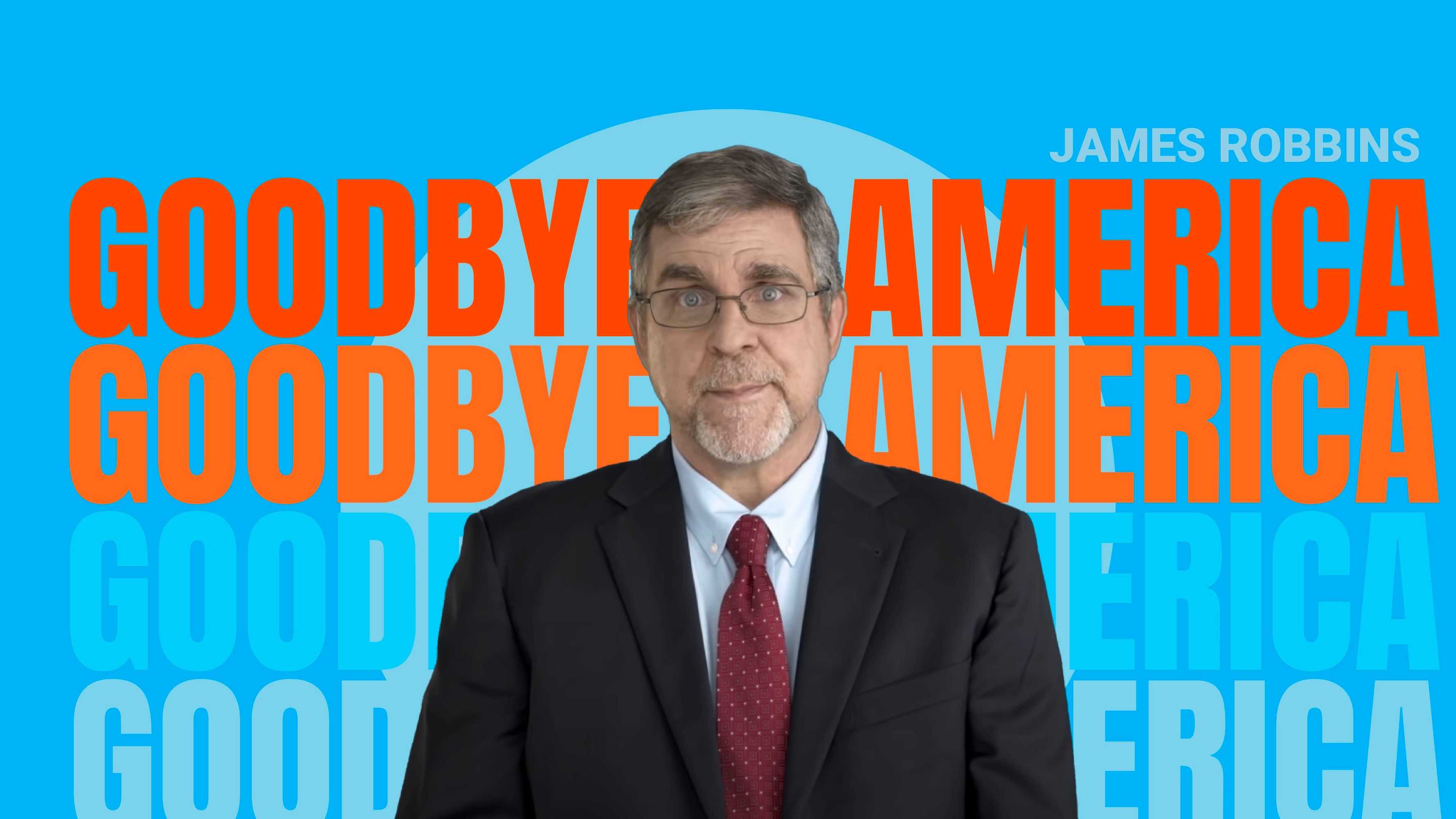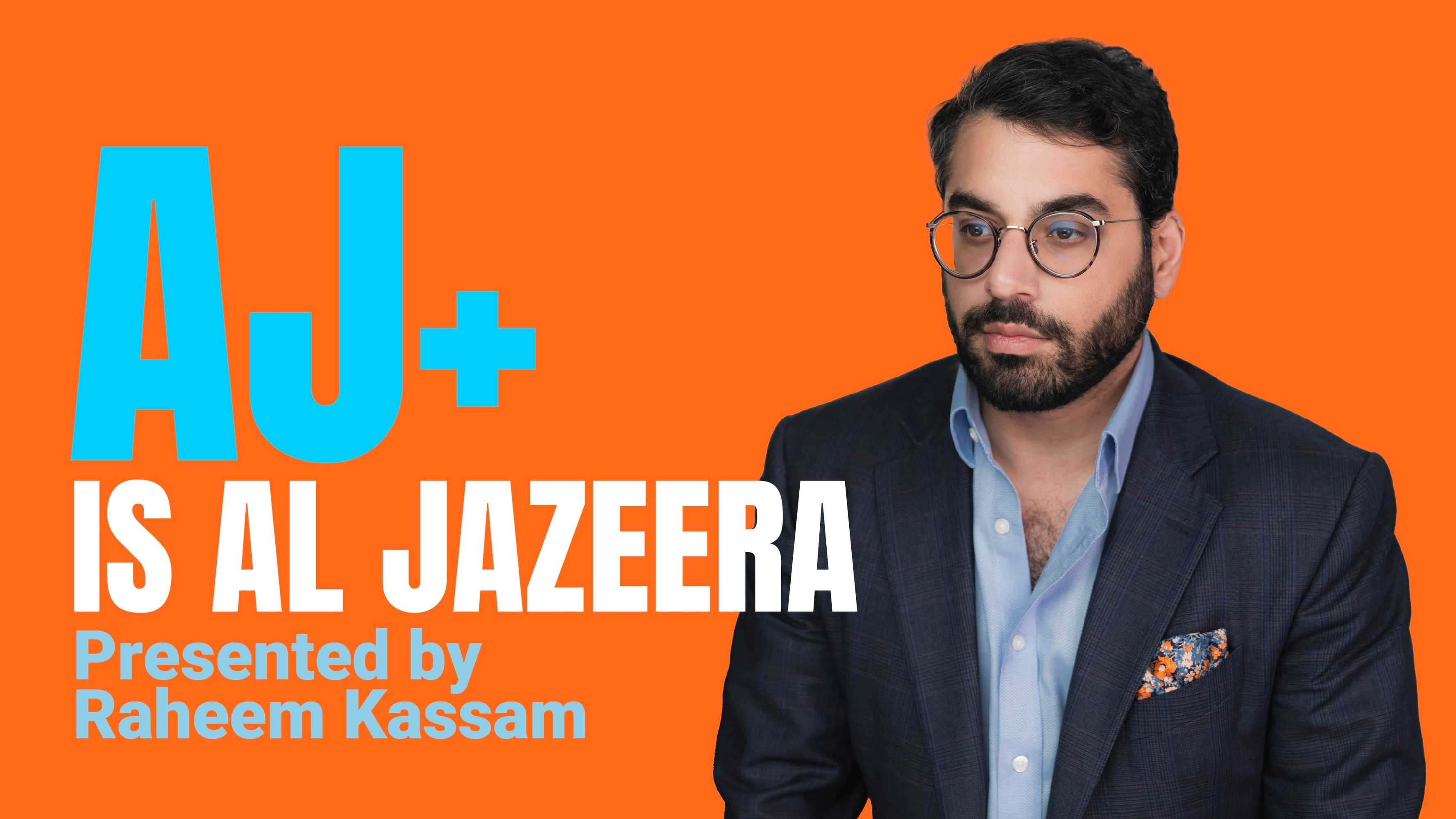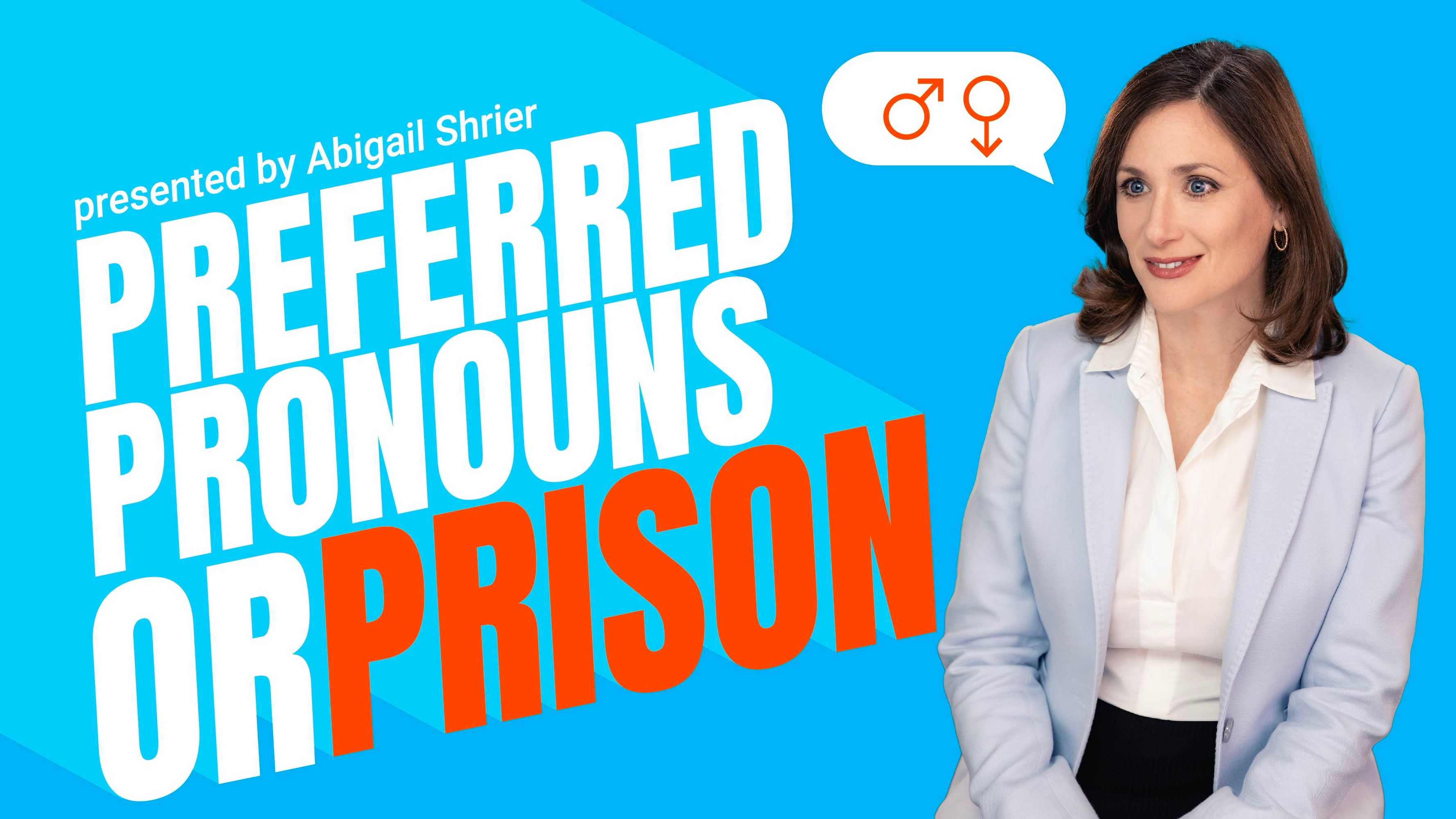What Is "Fair"?
“Fairness” has become a Progressive obsession. The childhood lament, “it’s not fair!” is now a common refrain among many adults. No political discussion seems complete without someone insisting that the wealthy pay "their fair share.” But what does anybody mean by “fair”? In this video, social commentator Daniel Hannan attempts to answer this critically important question.


